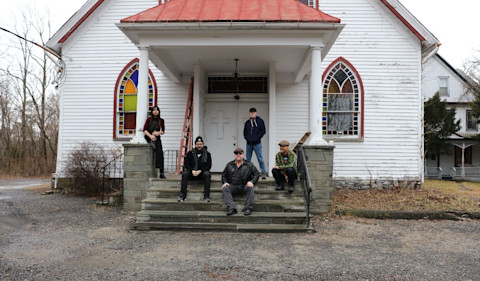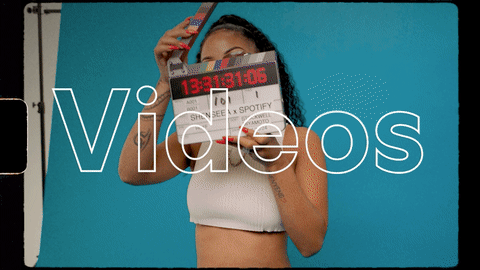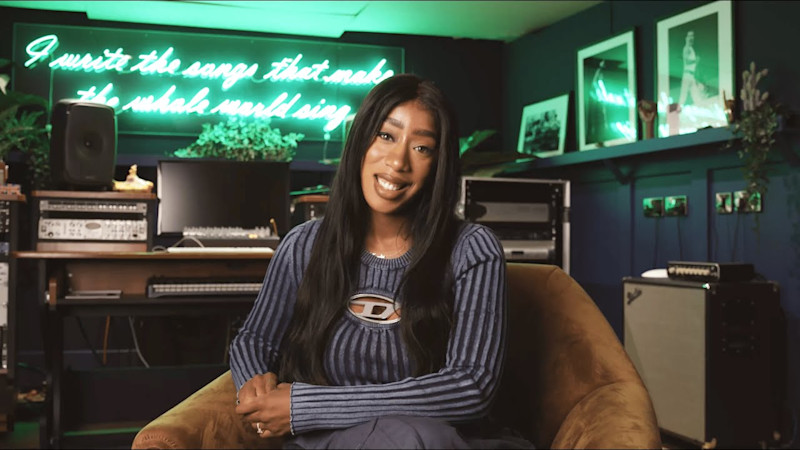Even as recently as 10 years ago, touring was considered the best way to get your music out there. Sure with the right circumstances, a great single or record can explode your band into a household name overnight, thus fast-tracking an artist’s career and mushrooming their fanbase in a matter of months or weeks, whereas previously they may have had to spend years on the road to create a similar impact. But as the landscape for music consumption shifts more and more due to streaming services, blogs and placements, touring still remains an effective—albeit slow burn—method to gain fans one city at a time.
Without a doubt, touring can be extremely time-consuming and expensive, and there’s lots of gray areas as far as how to calculate a tour’s return on investment (and there’s even a chance of flat-out losing money), but nothing can beat the buzz of being on the road, seeing the world, honing your craft in a live setting and interacting with your fans on a grassroots level. There may not be an exact science to effective touring, but having the right mindset and intelligence about your audience and balancing that with an overall goal for the band aesthetically, commercially, and from a profitability standpoint, can produce some effective results. Before you hit the road, make sure you’re ready with these very important tips.
Is player one ready?
Do you have your performances and music polished? Can you say with all honesty that you are a well-oiled machine on stage? Have you mastered your live show in your own city to the point where now you’re ready to expand your reach? You should answer all these questions with a resounding yes. If you can’t win over your own city, which contains your largest and most sympathetic audience (friends and family), a room full of strangers far from home is going to prove challenging. Touring is not glamorous, and it’s filled with hurdles, so make sure you’re ready to show your best self in other cities even when conditions are far from ideal.
Once you have the set ready, draw up a budget and make sure you have enough money to hit the road. Your record label (if you have one) may offer financial support for your tour, but you may also need to spend your own savings, borrow from personal resources, or take out a loan (with a practical strategy for paying it off). Once funds are secured, make sure you stick to your budget. “Making those numbers work is tough, but being realistic on cost will help you in the long run,” said Annie Flook, Director of Touring & Artist Development at Atlantic Records in a recent Spotify Co.Lab event. “Ask people about tips and tricks on the road and think about ways to leverage relationships to help save costs.”
Make all right turns.
While the can-do attitude of a band willing to play anywhere at any time is refreshing and indicative of a strong work ethic, knowing who you are and what works best for you is going to land more effective tours with the right bands. The law of averages says that when you’re playing a big gig you’ll probably win over some new fans, but a smaller gig supporting a like-minded artist could mean more new fans in total.
Similarly, if you’re a headlining band choosing support, making sure the right bands are out with you is also crucial; you need to understand your audience and the surrounding market and how that fits into your aesthetic. Grabbing the ears of young fans alongside another band that possesses a sound in line with your own can not only boost your audience, but strengthen credibility in the genre or demographic. The goal is to always be growing your fanbase, which gets tougher and tougher the longer you’ve been around, so understanding your audience is key.
Understand the hidden treasure.
The usual assumption is that a guarantee is what a band is worth, but it’s more complex than that. A good tour offer balances a complex equation of budgetary demands, the market for a package as a whole, and the demographics and tour stops along the way. It’s essential to take into account all factors before saying yes to a tour: the offer, the merch proceeds, the environment, the accompanying bands, the length, the costs, and more.
“It’s a balancing act,” agrees Michael Berdan of Sacred Bones act Uniform. “As we’ve gotten older, the ability to tour for gas money and a case of beer has disappeared. Overall, make sure you are playing to an audience that is receptive to you. The majority of money for your band comes through merch, so you might take a tour where the merch number will be higher to compensate for a lower guarantee. “
And just like any rule, this one is made to be broken. Other factors such as playing to new audiences can seriously shift the balance, so there are times when you might want to take a financial hit to a target demographic. As a rule, look at the total return on investment (ROI) to make your decisions.
Who are you(r fans)?
It’s getting easier to see who your fans are, where they live, what they like, and other insights thanks to the data analytics offered by services like Spotify for Artists. Spotify gathers information about demographics like sex, median age, geographical region, and more with their analytical tools. An artist can use this data for things like targeting their merch to a specific group, planning bigger gigs in areas that have the highest concentration of fans, or better yet the reverse—making gigs more accessible in areas where popularity is weak. “I worked with an artist that routed their first tour solely based around Spotify data analytics,” recalls Annie Flook. “They sold 200-300 cap clubs with an awesome live show in every city. Agents and the industry use it, and it’s fully available to artists.”
If there is a city that is crucial to your growth, talk to a local club about a residency, thereby growing your stature quickly in one area over a short amount of time. Curated nights, which are usually arranged by a specific promoter for his/her audience, can also help build a following. Know where your target audience lies and who the players are.
Touring is about progression—getting stronger and becoming a better artist bit by bit, while enjoying the amazing opportunity to connect with and grow your fanbase. With the proper planning and a strong sense of who you are and who you want to be as an artist, it’ll create some of the best experiences and memories of your musical career.






